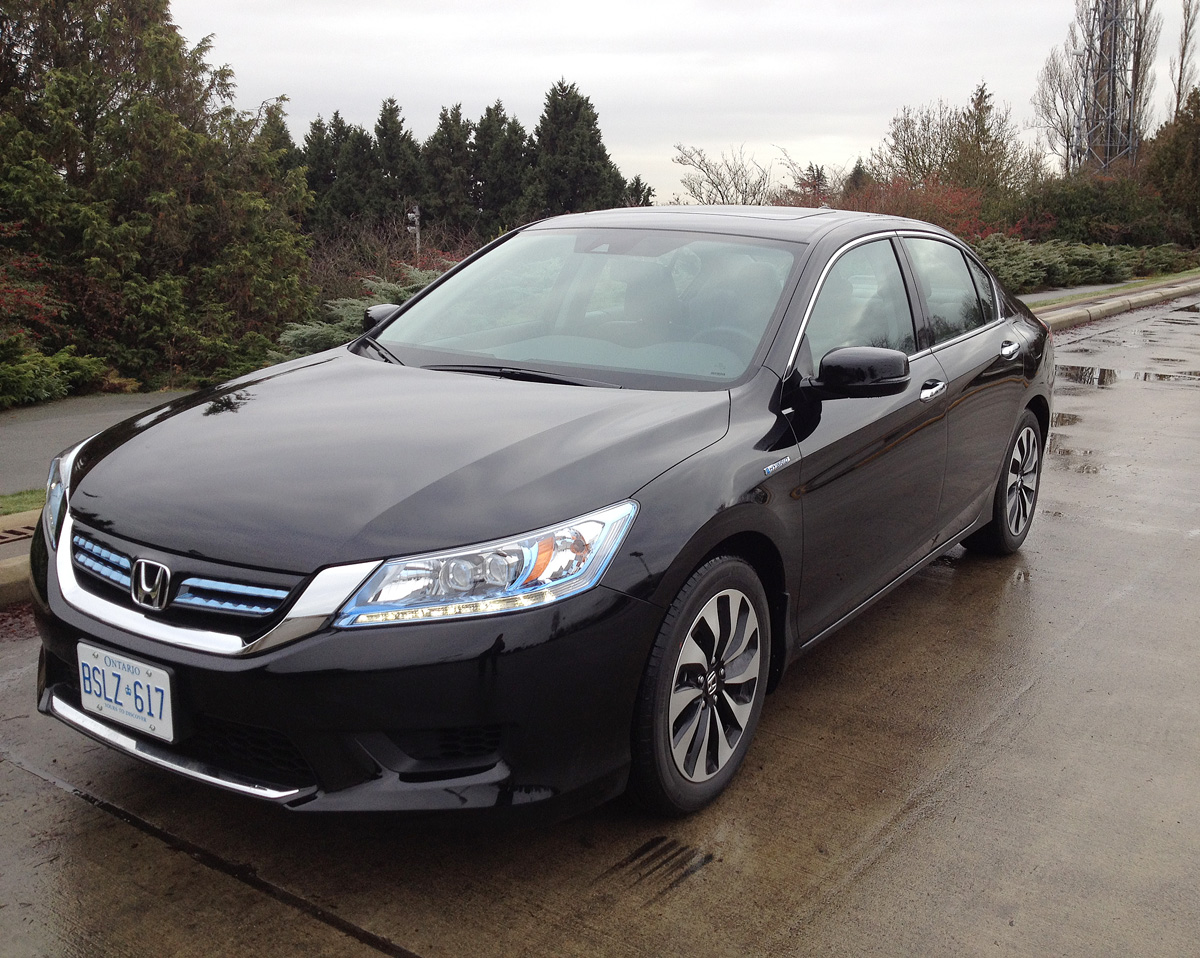Hybrid cars cost-of-ownership comparison


Hybrids are as common a sight today as skinny jeans and Justin Bieber news headlines. But that really wasn’t the case until Toyota released their Prius, the first mass-produced hybrid vehicle, way back in 1997.
Even with hybrids as popular as ever, consumers often question the fiscal sense behind purchasing a partially electric vehicle since the price point can be higher than a comparable gasoline-powered counterpart.

Vincentric, a company specializing in automotive cost-of-ownership data, released a report in January comparing 29 MY2014 hybrids and non-hybrids and identified that seven of the former on their list measured having a lower total cost of ownership than the latter. Before we tell you about some of the cars, lets dive into the dollars and cents.
Price
According to auto website Edmunds.com, a hybrid can be priced as much as 20 per cent more than one powered by a conventional gas engine. Part of the reason for the increased cost is the extra equipment required to build vehicle, such as an electric motor and high-voltage battery pack. In a lot of cases, hybrids are bundled with higher-end features like power options and technology and safety add-ons that can further drive up the MSRP.

Is it right for you?
Obviously economics isn’t always the only factor when someone is considering an alternative energy vehicle, but it is almost certainly an important one.
“The higher market prices of hybrids cause several cost factors to increase including finance, opportunity costs, fees and taxes and depreciation. In some cases fuel cost savings can help offset these costs, but with fuel prices decreasing approximately 33% in the past six months, increased fuel efficiency alone is not always enough to keep hybrids competitive with their all-gas counterparts,” said Vincentric president David Wurster in a news release.
“However, with nearly a quarter of hybrids still offering cost advantages, it is important that consumers look at individual models to understand the cost implications of hybrid technology for that vehicle.”
With that said, les take a look at some of the cars that will save you money in the long run.
Money-saving hybrids
To conduct the analysis ranking the below models, Vincentric weighed eight factors: depreciation, fees/taxes, financing, fuel (based on a national average of the previous five months), insurance, maintenance, opportunity cost and repairs. The data is based on an automobile that is driven 25,000 kilometres a year, for five years, and compared against either its identical gasoline sibling or the most similar alternative from the same brand.

• Lexus CT 200h (Savings: $11,535)
Marketed by Lexus as the “world’s first luxury hybrid sportback,” the CT 200h was ranked the highest for the most money it would save an owner, with an overall savings of $11,535. It’s not surprising, considering that for a premium marque it starts at a reasonable $31,050, and is built around an efficient 1.8-litre Atkinson Cycle four-cylinder engine paired with a high-torque electric motor. There are user-selectable modes that alter the driving dynamics, which includes a fuel-sipping ECO mode and an EV mode allowing the CT to run on purely electric power.

• Hyundai Sonata Hybrid (Savings: $2,909)
Starting at $28,249, the hybrid version of the Sonata has a $4,000 premium over the regular base Sonata, but the statistics show that it will still yield a significant return over long-term ownership. Although the two versions look similar, the electric Sonata has subtle but important changes with more aerodynamic front and rear fascias and low drag wheels. The platform runs off Hyundai’s Hybrid Blue Drive Architecture, featuring innovations like a lithium polymer battery, a speciality six-speed automatic transmission and an 8.5-kilowatt Hybrid Starter Generator.

• Honda Accord Hybrid (Savings: $322)
The Honda Accord Hybrid might seem expensive at first glance with a starting sticker price of $29,990, but it comes with the bragging rights of owning Natural Resources Canada’s “Most Fuel-Efficient Vehicle” of the year award in the mid-size class. Boasting estimated fuel economy numbers of 4.0 L/100 km in the city and 4.2 L/100 km on the highway, owners shouldn’t have to visit the pump too often. And just because it’s fuel efficient doesn’t meant it’s slow, either: the electric two-motor system produces net 196 horsepower and up to 226 lb-ft of torque giving instant-on acceleration.
Others on the list include the Lexus ES 300h ($1,418 savings) and the Toyota Prius c ($609 savings).

